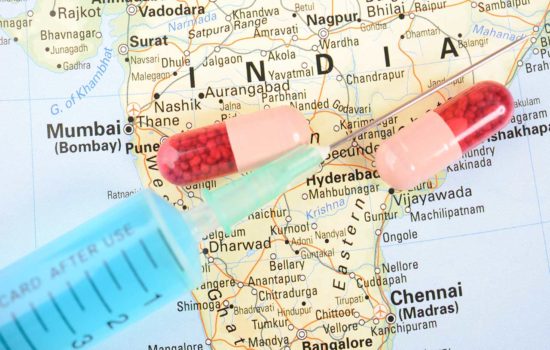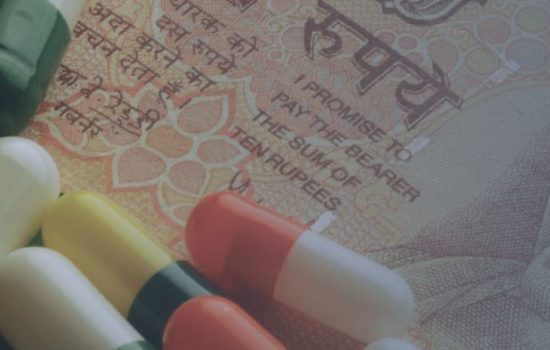
It’s crucial to ensure access to life-saving medicines in India
According to a major study in Lancet, India has made solid progress in reducing deaths from common non-communicable diseases, such as cancer,

According to a major study in Lancet, India has made solid progress in reducing deaths from common non-communicable diseases, such as cancer,

In the run up to the 2019 general election, the Indian government has prioritised healthcare delivery and promoting innovation and competitiveness in the country, including in the health and life sciences sector.

Section 3(d) of India’s patent law may be putting India at a competitive disadvantage. The data presented in this research note shows it is preventing Indian generic pharmaceutical companies from developing new formulations, compositions, and combinations of existing medicines, which they instead undertake and commercialise abroad.

For middle-income countries looking to diversify their economies and graduate to high-income status, IPRs are more important today than at any other point in history. Using compulsory licenses to achieve public health objectives is short-termist, anachronistic and counterproductive in the long run.

The delinkage agenda under discussion in Geneva, while well-intentioned, is a distraction from practical solutions to increase access to medicines.

Combining different drugs into a single pill can have enormous therapeutic benefits but research and development is difficult and costly, write Philip Stevens and Jack Ellis

The upgrading of India’s IP laws as a result of its WTO commitments has confounded sceptics by encouraging its generics companies to move towards innovation.

Intellectual property reforms ushered in by TRIPS have stimulated a nascent boom in pharmaceutical innovation in middle-income countries.

By turning back the clock on intellectual property, the U.N. would cut off developing countries from innovation.